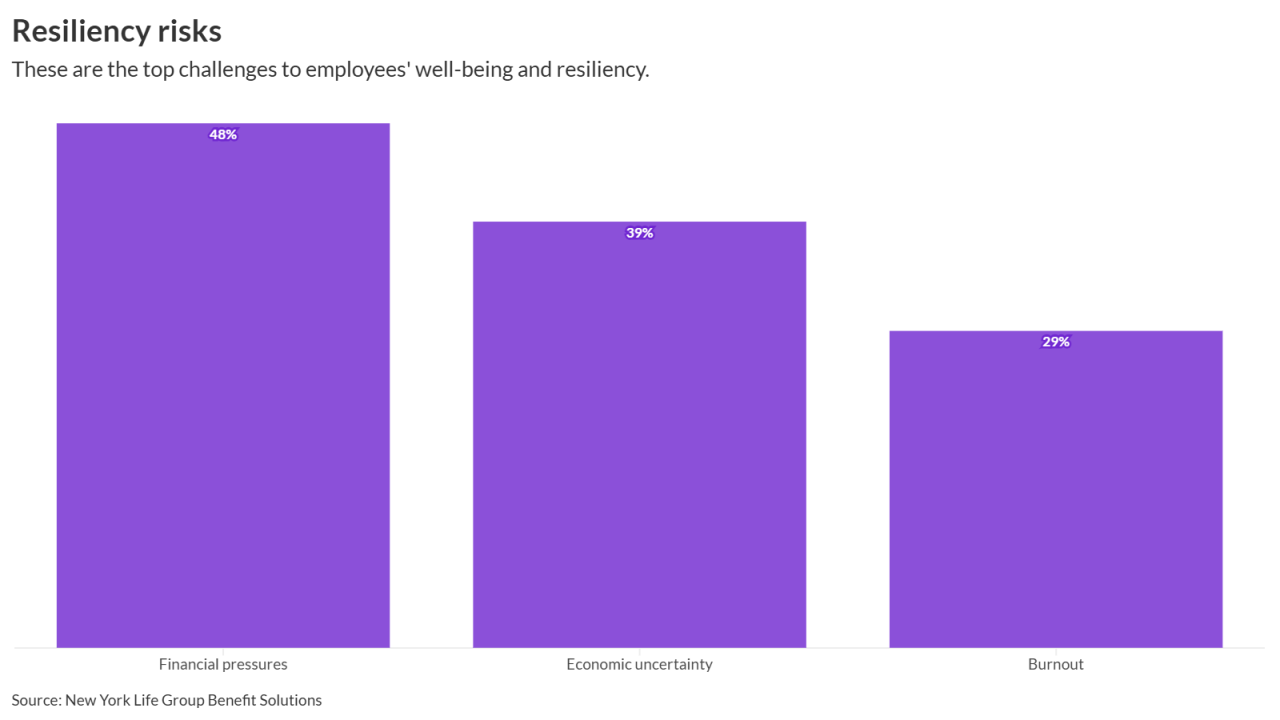The all-stock $18 billion merger between Towers Watson and Willis Group Holdings is a bad deal according to some Towers Watson shareholders.
Also see:
Since the June 30 deal was announced, at least four putative class actions have been filed against Towers Watson, according to a Willis quarterly report. The actions, filed in Delaware Chancery Court, claim Towers Watson breached its fiduciary duty by agreeing to the deal.
Plaintiffs claim that the merger involves an unfair price, an inadequate sales process, self-dealing, unreasonable deal protection devices and inadequate disclosures, the Willis report says. Among other remedies, the plaintiffs seek to enjoin the merger.
Four class action complaints were filed in July among the defendants listed were Willis and Towers Watson, along with its CEO John Haley and board of directors. The lawsuits include:
- New Jersey Building Laborers Statewide Annuity Fund v. Towers Watson & Co., et al.
- Stein v. Towers Watson & Co., et al.
- City of Atlanta Firefighters Pension Fund v. Ganzi, et al.
- Cordell v. Haley, et al.
The plaintiff in the Stein action filed a voluntary dismissal on July 28, and the defendants have not responded to the other three complaints, according to the Aug. 6 Willis report.
Also see:
Under the agreement, Willis would own 50.1% of the combined company Willis Towers Watson and Towers Watson shareholders would receive 2.649 Willis shares for each share they own. Towers Watson shareholders would also get a one-time cash dividend of $4.87 per share thats equivalent to $125.13 for each share of Towers Watson common stock, according to Robbins Arroyo LLP, which is investigating the acquisition. The firms investigation focuses on whether the board of directors at Towers Watson is undertaking a fair process to obtain maximum value and adequately compensate its shareholders, according to a
Also see:
As an initial matter, the $125.13 merger consideration represents a discount of -8.90% based on Towers Watson's closing price on June 1, 2015, the blog says. This discount is significantly below the average one-month premium of nearly 50.5% for comparable transactions within the past two years. Further, the $125.13 merger consideration is significantly below the target price of nine analysts ranging from $157.00 set by an analyst at Piper Jaffray on March 4, 2015, and $129.00 set by an analyst at Goldman Sachs on May 19, 2015. Furthermore, Towers Watson traded above the target price at $141.88 on June 26, 2015.
Also see:
The deal was expected to close by the end of the year, however, that might not happen due to pending litigation. Such legal proceedings could delay or prevent the merger from becoming effective within the agreed upon timeframe, the Willis report says.
Towers Watson declined to comment. We dont comment on any lawsuits, says Josh Wozman, director of public relations. Willis did not immediately respond to a request for comment.




